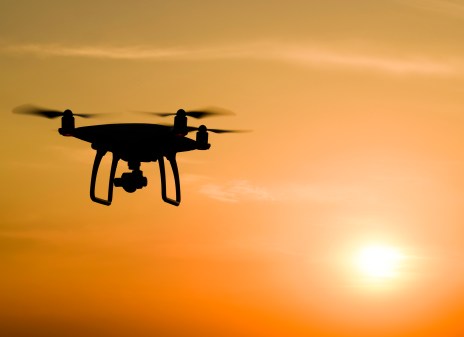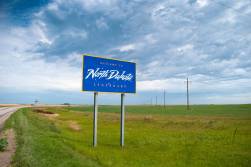North Dakota to become first operational UAS test site

North Dakota expects to be the first operational Federal Aviation Administration test site for unmanned aerial systems after getting its operations plan approved earlier this week.
Gov. Jack Dalrymple, speaking alongside FAA Administrator Michael Huerta and legislators from around the state, said North Dakota anticipates to open its test site for flights in May.
“We have worked long and hard to earn one of only six national test site designations and to become a national leader in UAS test site operations,” Dalrymple said. “With test site designation in hand and the first UAS program certification, we have a great opportunity to become a national hub for UAS research and development, to expand North Dakota’s role in aerospace sciences and to further diversify our economy.”
In December, FAA announced six UAS test sites around the country to create a range of climates in which to test the capabilities of various UAS vehicles. To become operational, each site had to submit operations plans that meet FAA’s rigorous compliance standards.
Dalrymple issued an executive order establishing the Northern Plains Unmanned Aerial Systems Authority in May 2013. The six-member authority, chaired by Lt. Gov. Drew Wrigley, has worked since to develop a national UAS test proposal, to earn a test site designation and to develop a test site operation that meets FAA certification.
The authority is charged with overseeing the operations of North Dakota’s UAS test site, including the development of public safety protocols, privacy safeguards and UAS research and development opportunities with former 119th North Dakota Air National Guard Commander Col. Robert Becklund serving as director of the Northern Plains UAS Test Site.
The state has invested more than $14 million to establish a national UAS test site and advance UAS research and development. Following Dalrymple’s recommendation, the legislature supported the state’s pursuit of a national test site by appropriating $5 million, with $4 million in operation funding contingent on FAA selection.
Recently, UAS vehicles — more commonly known as drones — have come under criticism from civil liberties advocates who believe they can be used by the government to illegally spy on citizens.
Proponents of the vehicles see them as having a wider benefit to the population, mostly notably in the agricultural sector where they can provide unique views and data.





